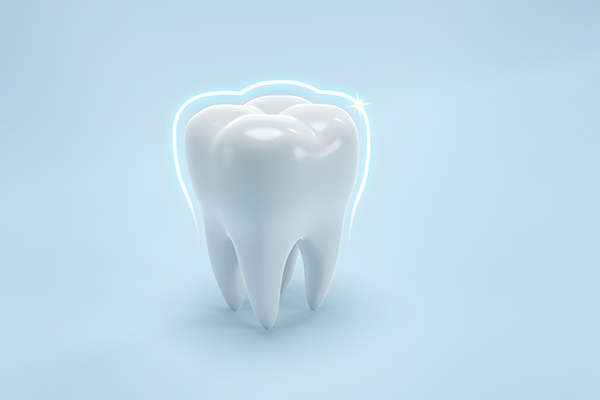 General dentistry can answer all your questions about tooth enamel. There are many misconceptions about what tooth enamel is and what it does. You may not realize how important this part of the tooth is. Understanding how your tooth enamel works is key to preserving healthy teeth for life. Here are some facts and common myths about tooth enamel and ways you can take care of this essential part of your teeth.
General dentistry can answer all your questions about tooth enamel. There are many misconceptions about what tooth enamel is and what it does. You may not realize how important this part of the tooth is. Understanding how your tooth enamel works is key to preserving healthy teeth for life. Here are some facts and common myths about tooth enamel and ways you can take care of this essential part of your teeth.
What is enamel?
Tooth enamel is mostly made up of calcium phosphate. It is the most mineralized part of the body. Enamel forms a translucent thin shell over the inner part of the tooth where the dentin and the nerve are. The color of tooth enamel can range from greyish to yellowish-white naturally. Tooth enamel is the hardest substance in the body, even harder than the bones. Although tooth enamel is harder than anything else in the human body, it is not indestructible.
The durability of tooth enamel
The thickness of tooth enamel can vary from one tooth to another and also from one person to another. However, it is still a thin shell on each tooth, so forceful impacts and excessive wear can damage the enamel. Teeth grinding is also very damaging to tooth enamel. When enamel chips, dentists can shape and contour it but will only do so if there is enough enamel to protect the inner part of the tooth. Enamel is not living tissue, so it cannot grow back. It is possible to remineralize tooth enamel.
What strengthens enamel
Although enamel cannot grow like other tissue in the body, some things can strengthen it. Saliva can protect enamel by washing over the teeth, helping to sweep away debris and food. It contains calcium, which helps to maintain the hardness of enamel. Acidic foods can damage enamel, but saliva can neutralize acidity. Eating calcium-rich foods can help maintain good tooth enamel. Crisp foods like celery, apples, and carrots are also beneficial to enamel health.
Protecting tooth enamel
In addition to eating calcium-rich and crispy, healthy foods, there are other ways people can protect tooth enamel. General dentistry recommends that people brush and floss at least twice daily. Brushing and flossing regularly helps to remove plaque, which will damage tooth enamel and eventually cause cavities. Dentists are a great partner in protecting tooth enamel. Even with diligent brushing and flossing, plaque can persist below the gumline and turn into tartar. General dentistry can perform deep cleaning in the office to remove the plaque and tartar buildup.
General dentistry helps protect tooth enamel
Tooth enamel is not the whole tooth; it is a thin outer shell protecting the softer dentin and the nerve. This means that keeping your tooth enamel intact is key to preventing tooth decay and maintaining healthy teeth for life. You can support healthy tooth enamel by practicing good oral hygiene habits and eating healthy foods that do not contain too much sugar or acids. General dentistry can help you prevent harmful buildup that could damage your tooth enamel over time.
Request an appointment or call Smiles By Julia at 954-493-6556 for an appointment in our Fort Lauderdale office.
Related Posts
Tooth pain is one of the most common reasons people visit a general dentistry clinic, where they may receive a filling or other type of repair for a damaged or decayed tooth. However, in some cases, the tooth in question may be too far gone, and extraction is necessary. While this may be distressing for…
In general dentistry, practitioners offer preventative, restorative, and cosmetic services. General dentists help patients maintain good oral health by preventing disease and decay. For example, when individuals visit their general dentists' office for tooth decay, the dentist can diagnose, clean the decay, and fill the tooth. General dentists understand how oral health affects an individual's…
In general dentistry, the dentist examines, diagnoses, and treats a patient's teeth for various conditions and damage. According to the ADA, about 80% of all dentists choose general dentistry for their practice. Your first point of contact for dental conditions, malformations, or decay is your general dentist.In general dentistry, dentists always attempt to save a…
